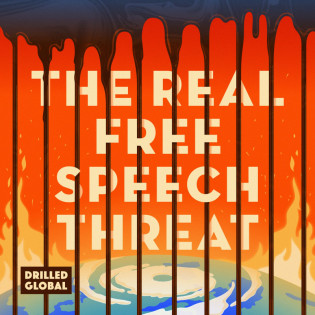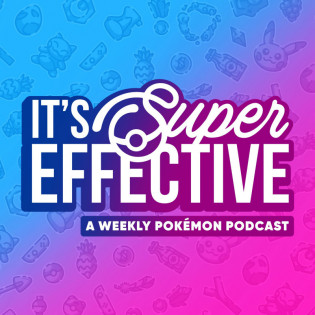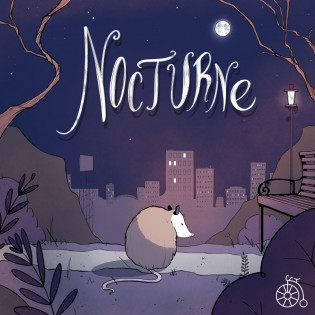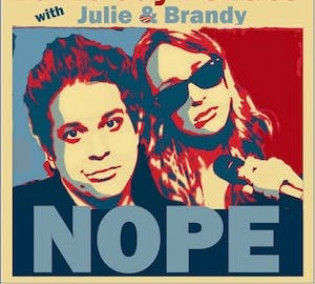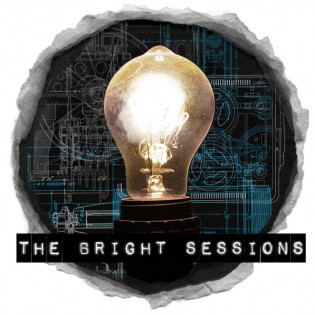Drilled
Active
Exclusive
Science, True Crime
Reach
|
Downloads per Episode
25,000
|
Impressions per Week
20,000
|
Hosting Provider
Megaphone (IAB Certified) IAB Certification
Publishes
Weekly on Tue
Advertise on this Podcast
Please complete the form below and an ad sales professional will reach out to you.
Interested in Self-Serve Sign Up
Description
A true-crime podcast about climate change. Hosted by award-winning investigative journalist Amy Westervelt and reported by a team of climate journalists, Drilled investigates the various obstacles that have kept the world from adequately responding to climate change.
Podcast Information
About the Host
Host Name: Amy Westervelt
Host Residence Country: United States
Amy Westervelt is an award-winning investigative journalist and executive producer of the independent podcast production company Critical Frequency, which specializes in reported narrative podcasts. In 2020 she was executive producer of Unfinished: Short Creek, a co-production between Critical Frequency and Stitcher that was named one of the best podcasts of the year by The New Yorker and The Atlantic, and received a Wilbur award for excellence in religion reporting. In 2021, she led the reporting and production teams of This Land S2—an investigative, narrative season revealing the various forces behind efforts to unravel tribal sovereignty in the U.S.—which was nominated in April 2022 for a Peabody Award. Her investigative climate podcast Drilled, a Critical Frequency original production, was awarded the Online News Association award for excellence in audio journalism in 2019 and Covering Climate Now's award for excellence in audio journalism in 2021. In 2015, Amy received a Rachel Carson award for women greening journalism, for her role in creating a women-only climate journalism group syndicating longform climate reporting to The Atlantic, The Guardian, The Economist, and many more outlets. A 20-year veteran investigative journalist, Westervelt's earlier work for NPR, The Washington Post, The New York Times, The Atlantic, The Wall Street Journal, Inside Climate News, and various other outlets earned her Edward R. Murrow, ONA, and Folio awards as well, and is often cited as amongst the earliest examples of accountability reporting on climate.
Show's Primary Language
English (US)
Average Episode Length
20 Minutes - 1 Hour
Audience Demographics
Gender
|
Male
55%
|
Female
45%
|
Audience Percent by Country
| United States | 65% | |
| Canada | 5% | |
| United Kingdom | 15% |
Education
| High School | 12% | |
| Some College | 25% | |
| Bachelors | 55% | |
| Masters | 7% | |
| PHD/Doctorate | 1% |
Age
| 12-17 | 0% | |
| 18-24 | 17% | |
| 25-34 | 48% | |
| 35-44 | 17% | |
| 45-54 | 14% | |
| 55-64 | 3% | |
| 65+ | 1% | |
| Median Age: 34 | ||
Income
| Less than $40k | 10% | |
| $40k-$60k | 10% | |
| $60k-$80k | 12% | |
| $80k-$100k | 10% | |
| $100k-$150k | 30% | |
| $150k+ | 28% | |
| Median Income: $111,000 | ||
Can't find the right show? Contact our sales team for our full inventory.

